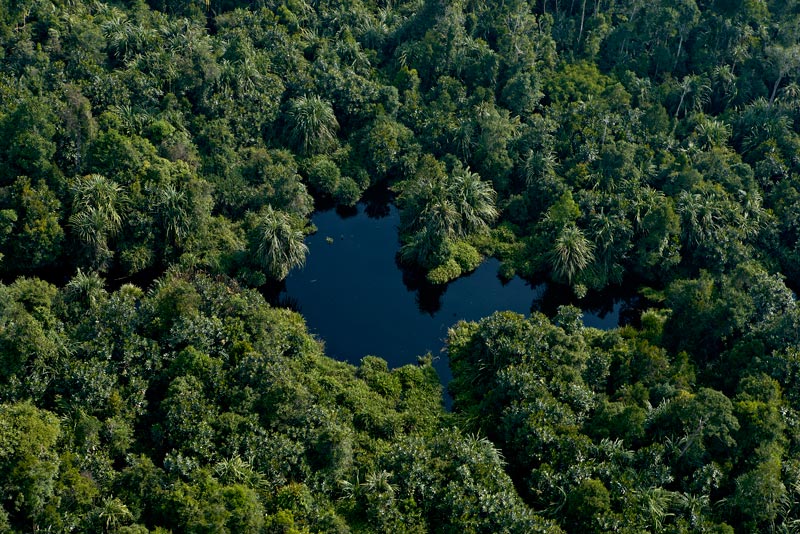Ecosystem Restoration: another way to sustainably manage forests
In a Jakarta Globe article, Jikalahari said APRIL’s support of Ecosystem Restoration is “no more than greenwashing.” However, APRIL sees Ecosystem Restoration as an example of how we balance the world’s demand for fibre with environmental imperatives. As another example, APRIL and its long-term supply partners protect 220,000 hectares of conservation forest areas.

Ecosystem Restoration is an example of how APRIL balances global demand for fibre with environmental imperatives.
The restoration of degraded forest within Ecosystem Restoration Concessions (ERCs) is an important approach by the government of Indonesia. It offers new opportunities to sustainably manage forests and, indeed, maintain forests that were previously earmarked for conversion. The Riau Ecosystem Restoration ERC is just one of the examples of how APRIL balances meeting the world’s demand for fibre with environmental imperatives. The ecosystem restoration process is in addition to the 220,000 hectares that APRIL and its long-term supply partners protect as biodiversity conservation forest within their concessions.
Establishing plantations is a necessary step in moving from the use of mixed hardwood to eventual 100% use of renewable plantation fibre in APRIL’s Kerinci mill. We continue to pursue that goal legally, with appropriate licenses and in strict compliance with Indonesia law. APRIL’s plantations account for less than 0.5% of Indonesia’s forest areas.
The ERC project supported by APRIL presents a new way for this company to positively contribute to biodiversity, community and climate issues. Our project team and Advisory Board include scientists, respected NGOs and experts in biodiversity, carbon emissions and community engagement. Their involvement will help ensure that the Riau Ecosystem Restoration project is done properly. By working with credible, knowledgeable people and organizations, we can be confident of positive outcomes.
The project forms part of a wider vision to safeguard the Kampar Peninsula, Riau’s last remaining large tract of peat forest, a vision that is shared by many concerned local NGOs. New opportunities to constructively work with NGOs will greatly increase the likelihood of this vision becoming a reality on the ground.
To learn more about Riau Ecosystem Restoration, go to http://www.rekoforest.org/index.php/en/




